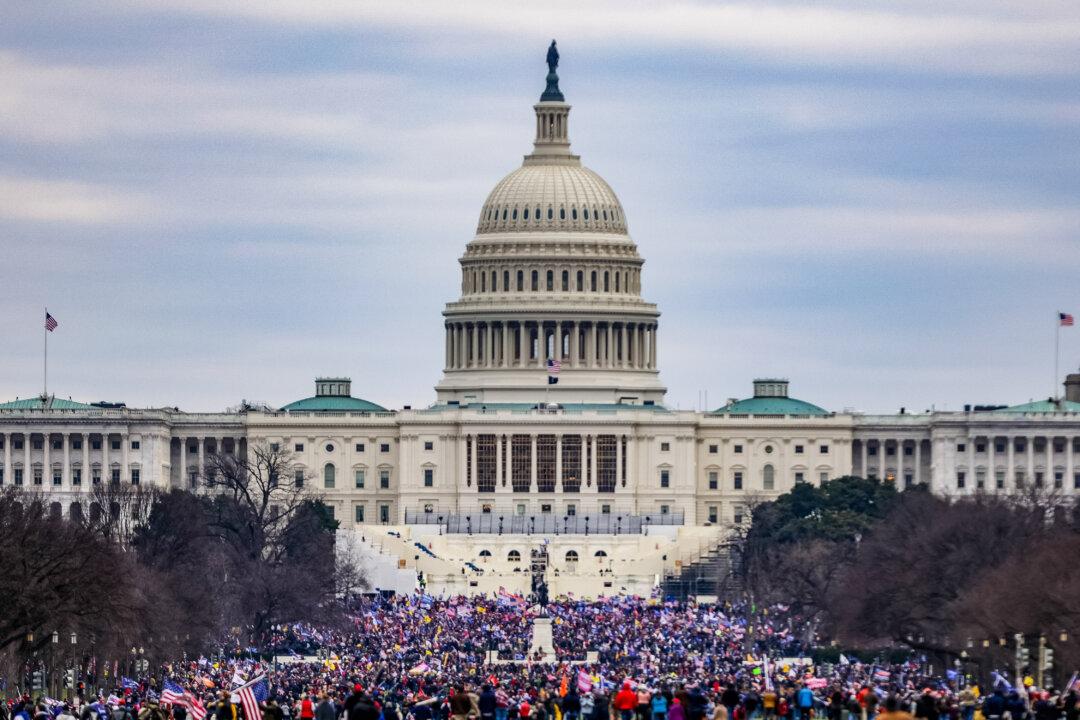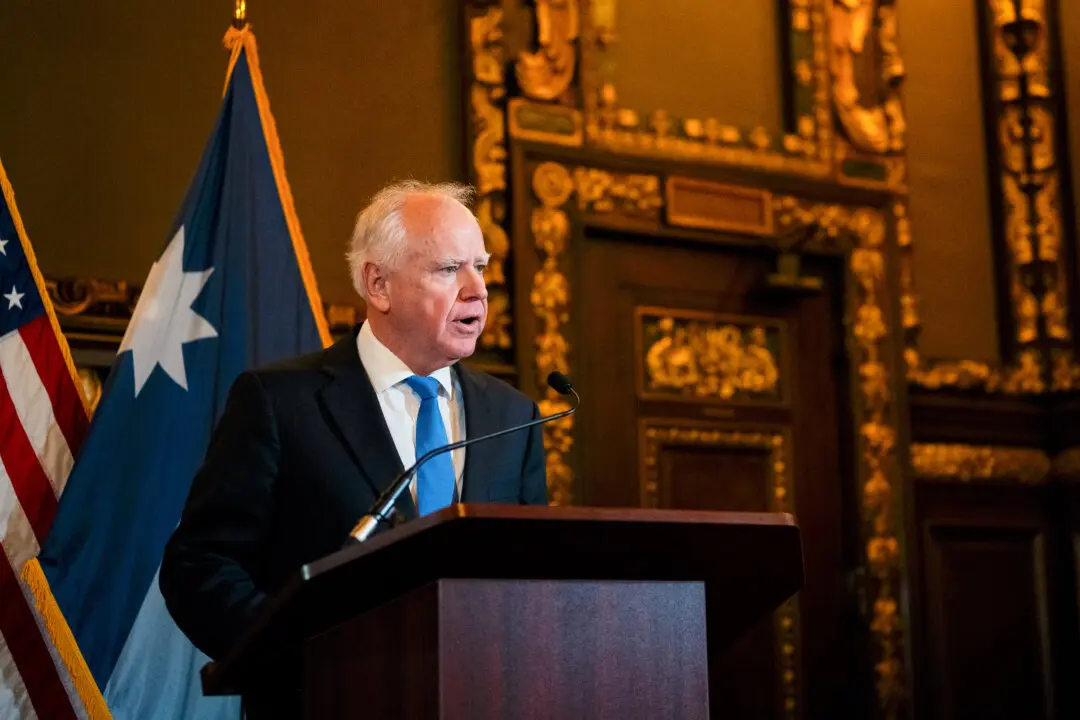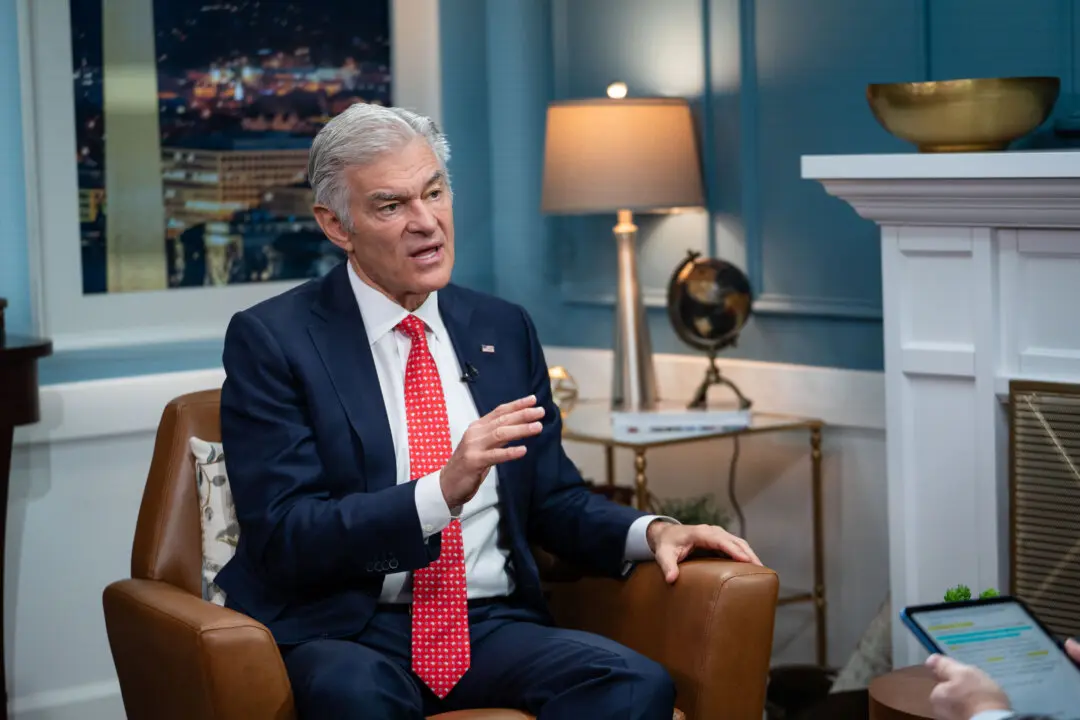While many of the pardoned Jan. 6 defendants are quietly rebuilding their lives after four years of prosecution, imprisonment, and scrutiny, a few are jumping into the political fray with high ambitions.
At least two are campaigning to hold office in the U.S. Capitol, the site of a protest that turned violent on Jan. 6, 2021, leading to criminal charges against nearly 1,600 participants, though only a fraction were charged with violent offenses.





